A climate Q&A with coastal geologist Gary Griggs – Pacifica Tribune
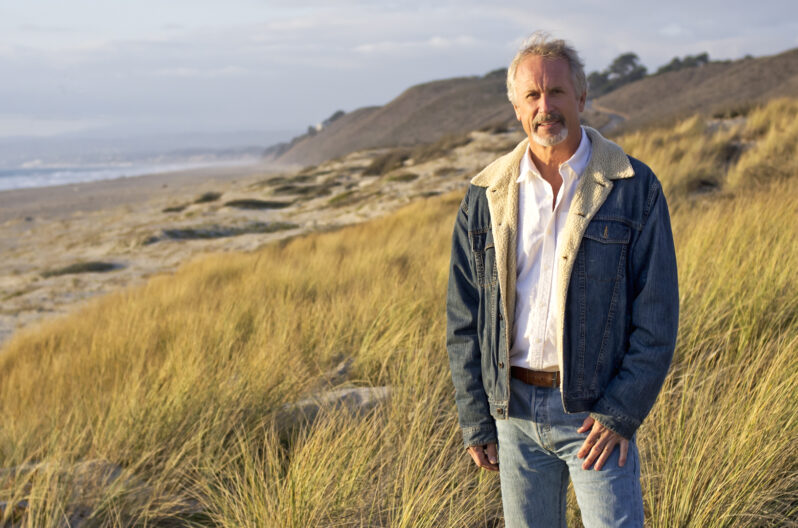
A startling rise in sea-surface temperatures suggests that we may not understand how fast the climate is changing…
Why Is the Sea So Hot? – the New Yorker

A startling rise in sea-surface temperatures suggests that we may not understand how fast the climate is changing…
The Oceans We Knew Are Already Gone – the Atlantic
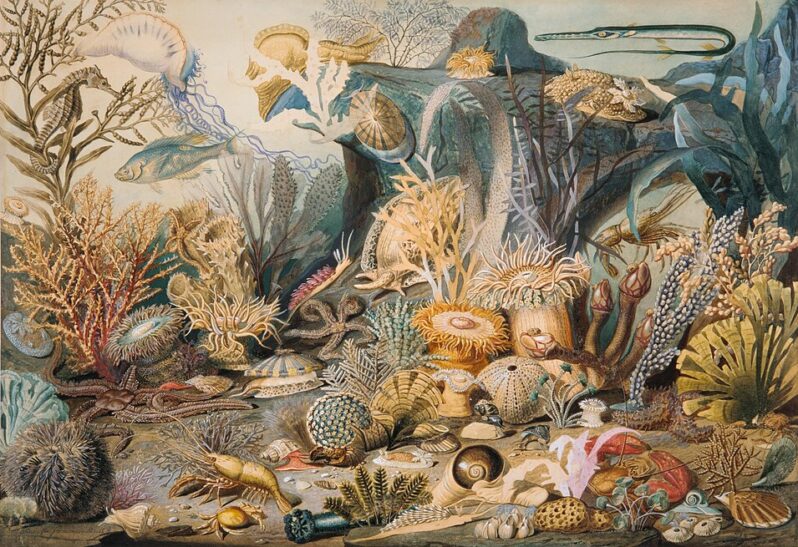
As far as humanity is concerned, the transformation of our seas is “effectively permanent.”
Decades after the US buried nuclear waste abroad, climate change could unearth it – Grist Magazine
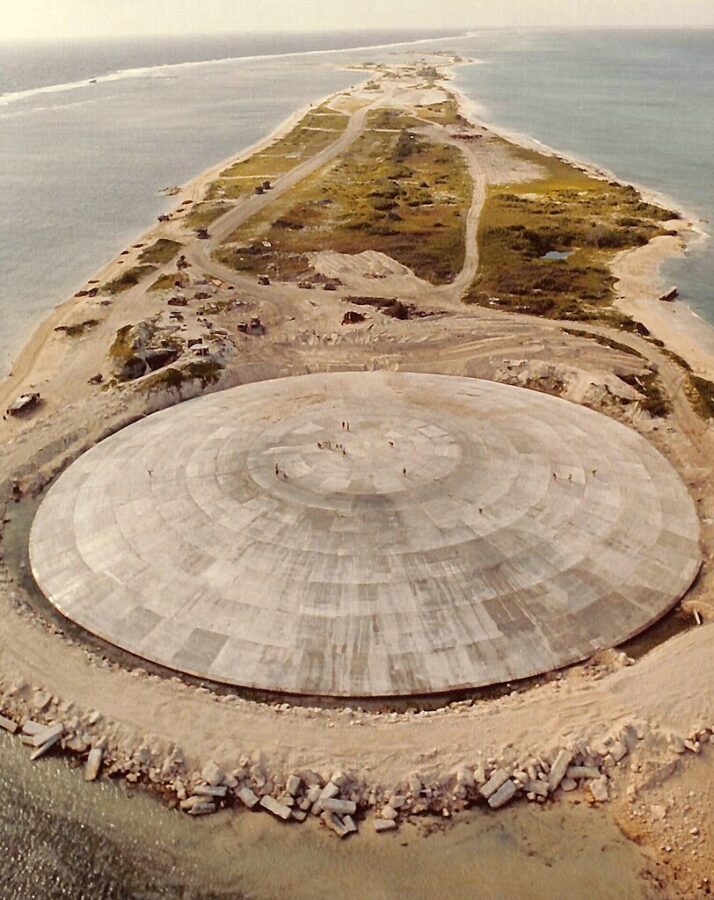
A new report says melting ice sheets and rising seas could disturb waste from U.S. nuclear projects in Greenland and the Marshall Islands…The report summarizes disagreements between Marshall Islands officials and the U.S. Department of Energy regarding the risks posed by U.S. nuclear waste. The GAO recommends that the agency adopt a communications strategy for conveying information about the potential for pollution to the Marshallese people.
The East Coast Is Sinking | Interactive – the New York Times
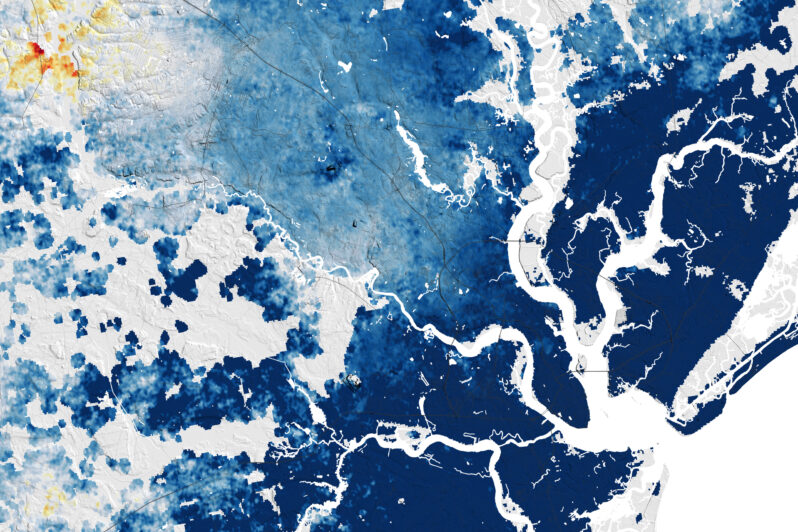
New satellite-based research reveals how land along the coast is slumping into the ocean, compounding the danger from global sea level rise.
A major culprit: overpumping of groundwater.
A ‘collapse’ is looming for Louisiana’s coastal wetlands, scientists say – the Washington Post
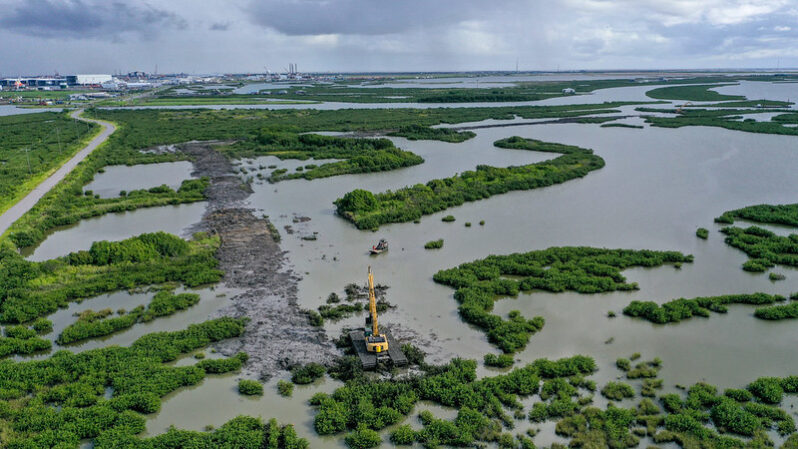
Scientists say the overwhelming majority of the state’s wetlands — a natural buffer against hurricanes — are in a state of ‘drowning’ and could be gone by 2070…
Six Spongy Sea Creatures Suggest Warming Might Be Worse Than Thought – the New York Times
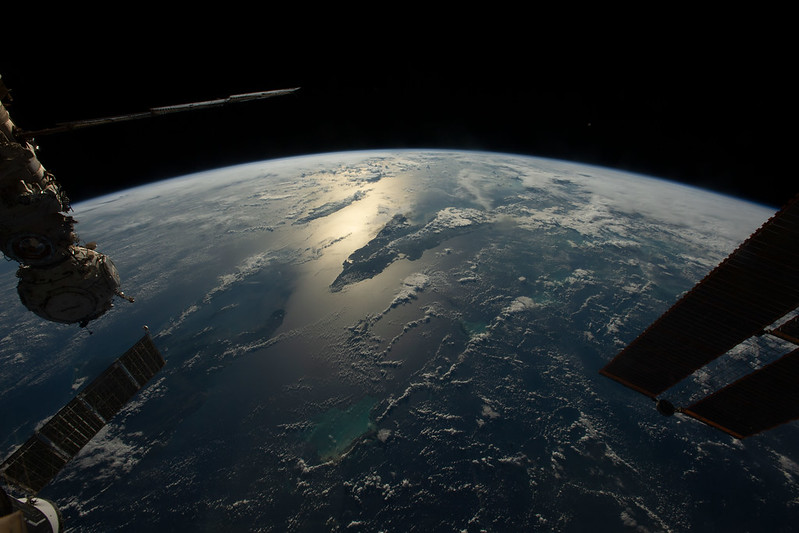
Research on a long-lived but rarely seen species in the Caribbean is helping scientists piece together a revised history of climate change…
Prepare for a ‘Gray Swan’ Climate – the Atlantic

The next climate extremes are both predictable and unprecedented, and they’re coming on fast…
Can the tourism industry survive the climate crisis? – the Guardian
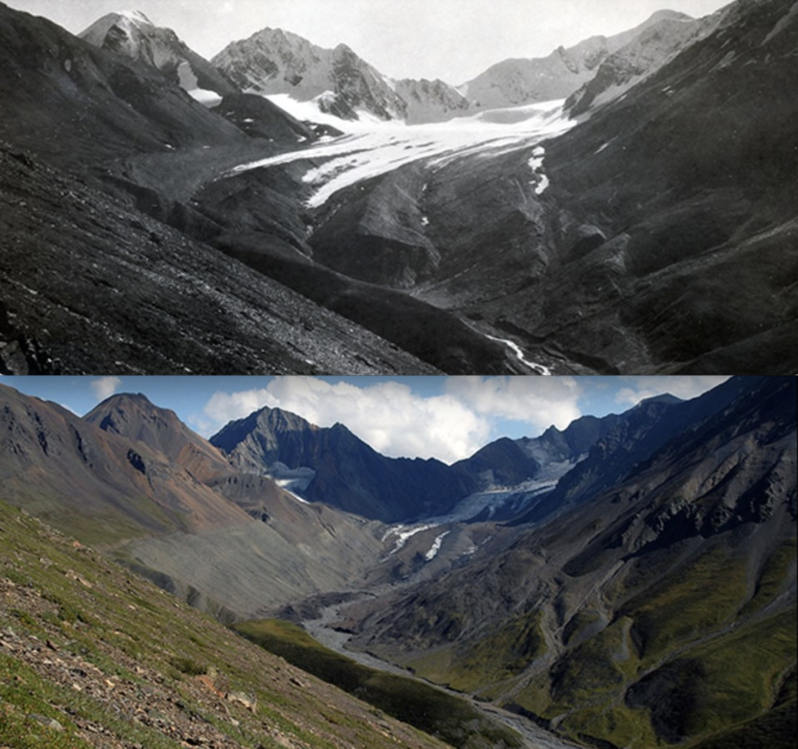
From the Solomon Islands to Denali national park, how five communities reliant on tourism are coping as climate change upends their industry…One of the terrible ironies of the climate crisis is that some of the most beautiful – and popular – places in the world are also the most vulnerable. Which means as temperatures rise, extreme weather events increase, water sources dry up and natural habitats die, these places are facing another devastating loss: tourists…
